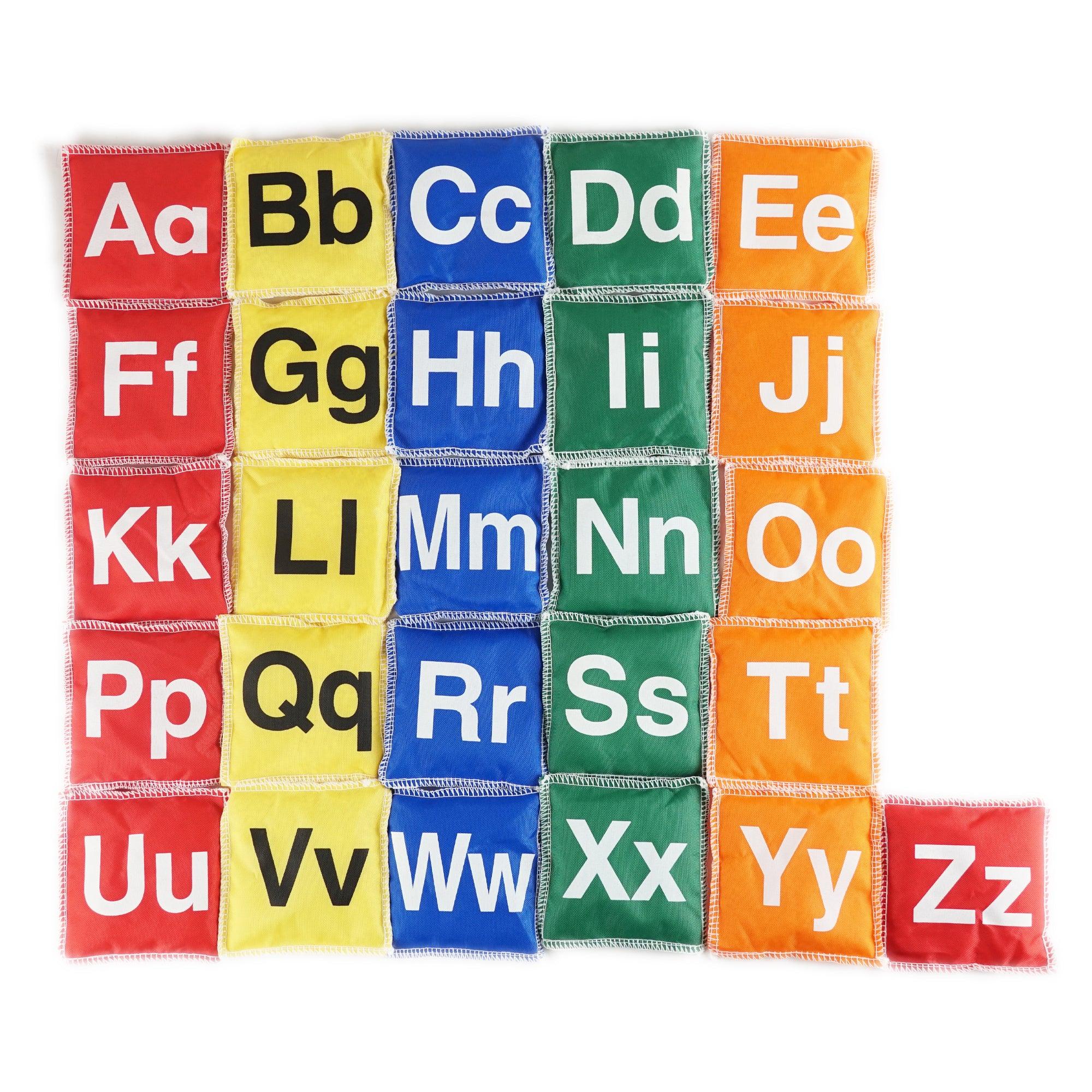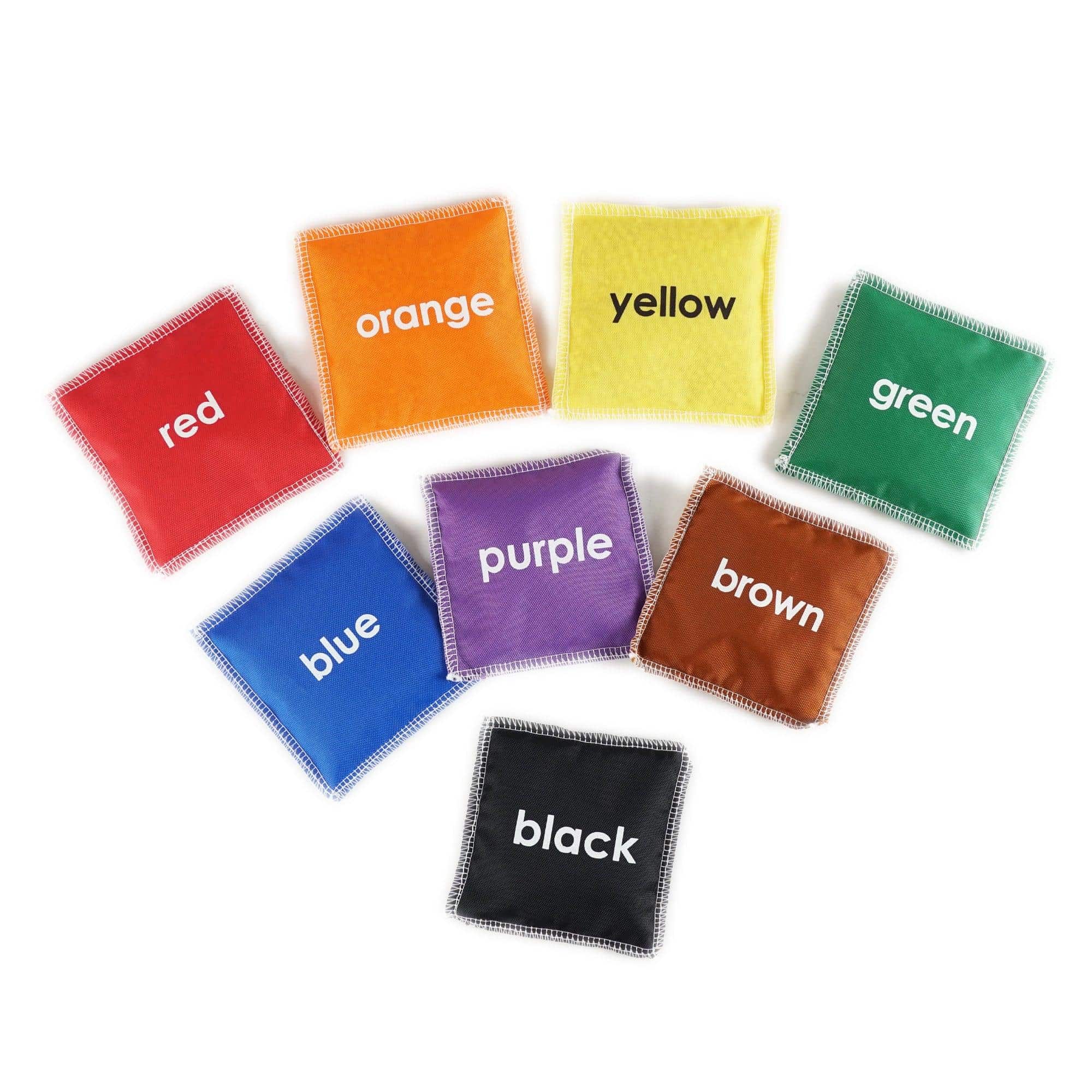The Psychology Behind Kids’ Obsession with Toy Cars
Children and their fascination with toy cars has been a timeless phenomenon. From a young age, kids tend to be drawn to these miniature vehicles, spending hours playing with them. But have you ever wondered what lies behind this captivating obsession?
The Power of Imagination
One of the main factors contributing to kids’ love for toy cars is the power of imagination. Toy cars provide children with a blank canvas for creating their own world. They can imagine themselves as drivers, exploring different terrains, or even participating in exciting car races. This unlimited imaginative play allows kids to develop their cognitive skills and enhance their creativity.
Features of Toy Cars That Mesmerize Kids
Toy cars come with a myriad of features that make them irresistible to children. Some of these features include:
- Realistic Designs: Toy car manufacturers pay attention to detail, replicating real-life cars which fascinate young minds. The resemblance to actual vehicles adds to the charm and captivation of children.
- Movable Parts: Many toy cars come with movable parts such as doors, hoods, and trunks, allowing kids to engage in interactive play. These movable elements trigger their curiosity and facilitate a hands-on experience.
- Lights and Sounds: Toy cars that feature lights and sounds enhance the play experience by adding a sensory dimension. The flashing lights and realistic engine sounds make the playtime more immersive and exciting.
- Various Models: Toy cars are available in a wide range of models, including sports cars, police cars, fire trucks, and more. This variety allows kids to explore different roles and narratives with their toy cars, expanding their imaginative play possibilities.
- Racing Tracks and Accessories: In addition to the cars themselves, there is a range of race tracks, ramps, and accessories specifically designed for toy cars. These add-ons further stimulate children’s interest, enabling them to create thrilling race scenarios and imaginative play setups.
The Developmental Benefits of Playing with Toy Cars
The obsession with toy cars not only entertains children but also contributes to their overall development. Here are some of the developmental benefits associated with playing with toy cars:
- Fine Motor Skills: Manipulating the small cars and engaging in activities like pushing, pulling, and turning the wheels helps develop children’s fine motor skills, improving their hand-eye coordination and dexterity.
- Social Skills: Playing with toy cars often involves interaction with other children, promoting social skills such as sharing, taking turns, and communication. Through cooperative play, children also learn problem-solving and negotiation.
- Cognitive Skills: As children engage in imaginative play with toy cars, their cognitive abilities improve. They learn cause and effect, develop spatial awareness, and enhance their understanding of concepts like speed, direction, and distance.
- Emotional Development: Toy cars can be used as a tool for emotional expression and understanding. Children may assign roles and personalities to their toy cars, allowing them to explore emotions and storytelling.
Conclusion
The obsession of kids with toy cars is a powerful testament to the impact of imagination and the unique features these toys offer. From igniting creative play to enhancing various developmental skills, toy cars play a crucial role in a child’s growth journey. So, the next time you see a child engrossed in playing with a toy car, remember the psychology behind their fascination and appreciate the countless benefits it brings to their development.




